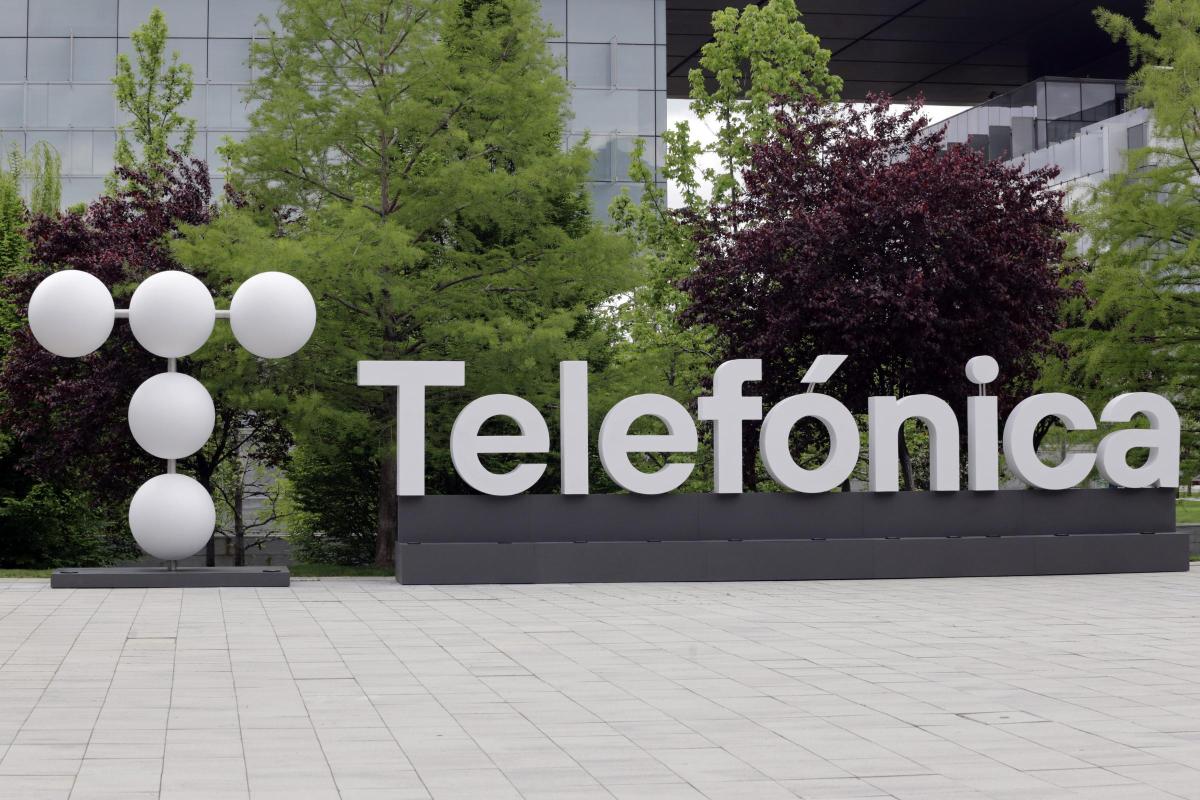Redacción
There were some interesting themes which I’d like to share with you:
- A new way to do business: It feels like the gap is growing between companies that are carrying out CR in a traditional, risk-management way, and those who believe radical change is needed and who are looking to completely re-engineer the way their company does business. These companies, together with campaigning NGOs, challenged the audience that not enough has been achieved since the concept of CR began, that true sustainability isn’t about doing ‘less bad’ and that we need to think completely differently about the role of business in society. Alberto Andreu, Chief Reputation & Sustainability Officer of Telefónica S.A, proposed to focus on managing the risks and opportunities with a long term perspective proposed by the DJSI in its definition of sustainability. In his opinion this is the way value can be added to the company and stakeholders.
In fact several companies discussed the importance of long-term ambitious goals: shorter-term 12-18 month objectives still valid, but as markers in a more ambitious journey. The best example is Unilever, who has set out aggressive plans to hit fifty exacting social, environmental and economic targets over the next decade, de-coupling sustainability from growth. The scale and depth of Unilever’s commitments are unprecedented for a company of its size.
- Collaboration and partnership, between businesses, across industries and between the private and public sector was highlighted time and time again as being of growing importance and as being critical to achieving real change. For example, retail giant Gap partnered with an NGO and the Ethical Trading Initiative to examine its purchasing practices and their impact on supplier performance in meeting Gap’s Code of Vendor Conduct in order to create a more transparent and effective supply chain. And TNT worked with their competitor UPS to deliver aid to Haiti after the earthquake.
- New ways of communication and reporting: It seems there is still more to do in terms of taking the sustainability message to consumers: they want to do the right thing, but not if it costs more money (“value for their values”). The President of Kraft in the UK and Ireland doesn’t believe that consumers should be asked to pay a premium for behaving ethically. Many companies haven’t yet managed to communicate sustainability messages effectively: consumers aren’t motivated by corporate messages (the ‘dark greens’ might be – those passionate about sustainability messages), but the majority of consumers want to hear a brand voice that makes sustainability fun, energetic and inspirational.
And what about the CR reports? Are they useful? Alberto Andreu presented, together with Vodafone and Entropy Systems, on CR reporting. Alberto underlined the importance of ensuring consistency between global and local CR reports, while allowing flexibility for local markets so they can talk, in the right language, on the right topics, to their local stakeholders. He outlined Telefónica’s three block approach, which caters to both global and local stakeholders and adheres to the UN Global Compact principles and the GRI.







